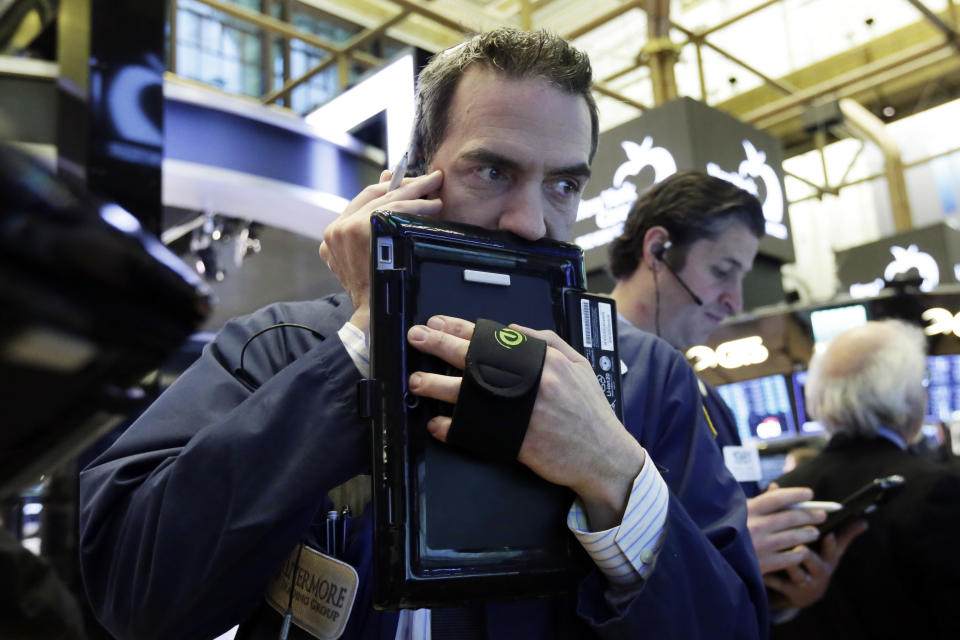Wall Street is getting conflicting signals about how investors feel

Two of Wall Street’s biggest players can’t seem to agree on whether investors are nervous or euphoric about the markets.
“Talking to our clients, we still find risk aversion and hesitance about the impact of fiscal reforms and political developments (e.g., midterm elections, Nunes memo, etc.),” JP Morgan’s Marko Kolanovic said in a note to clients on Thursday.
Kolanovic’s clients were asking if the market was “de-risking” itself, or selling off riskier assets like stocks. It wasn’t simply the slide in equities, however, he said. There was also concern that U.S. Treasury yields had jumped, moving the benchmark 10-year note to a level the bank had said just a few years ago would become an issue for equities – above 2.75%.
On the other end of the spectrum, a note from Morgan Stanley to clients reported that there may be too much excitement about the market.
“[W]e can definitely say we have entered the zone where emotions have swung toward the euphoric end,” Morgan Stanley’s Michael Wilson said. “This euphoria is also now evident in the press and media, where negativity had dominated the conversation for years.”
The two notes paint an interesting picture of the financial markets. While economic indicators continue to support broad-based economic strength around the globe, investors are still sending ambiguous signals.
But most agree that the memory of financial crisis is still fresh. The unexpected market crash in 2007-2008 has given investors a new sense of incredulity and even today’s bull market remains widely distrusted, Wilson said, an aftereffect of the financial crisis.
Since 2009, “Investors often looked for or even manufactured reasons why they remained underinvested and were holding so much cash,” Wilson added.
“However, there are fundamental reasons to be more positive,” he continued. “Economic conditions have rarely been better and now we have corporate tax cuts driving earnings estimates much higher than even we expected.”
—
Dion Rabouin is a markets reporter for Yahoo Finance. Follow him on Twitter: @DionRabouin.
Follow Yahoo Finance on Facebook, Twitter, Instagram, and LinkedIn.

